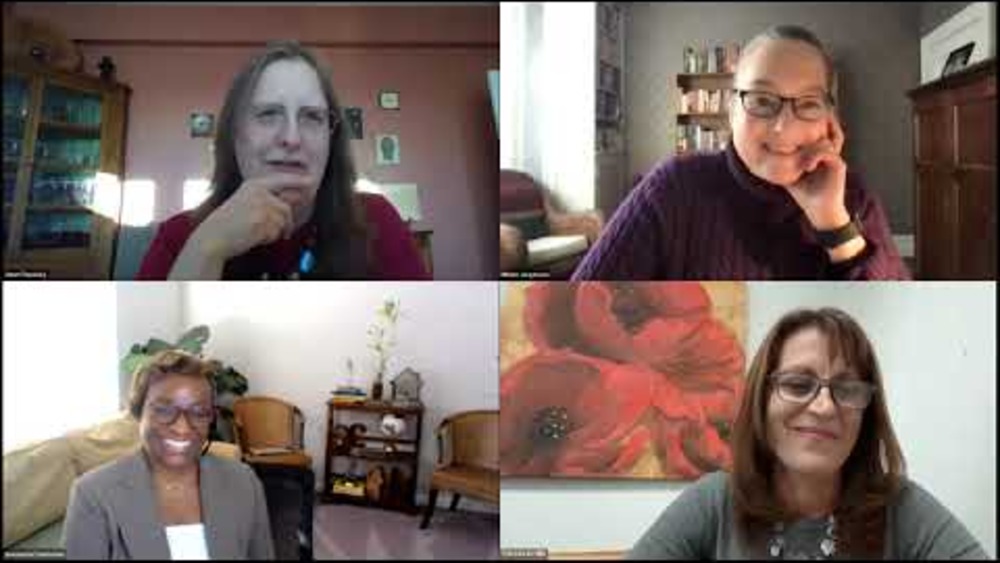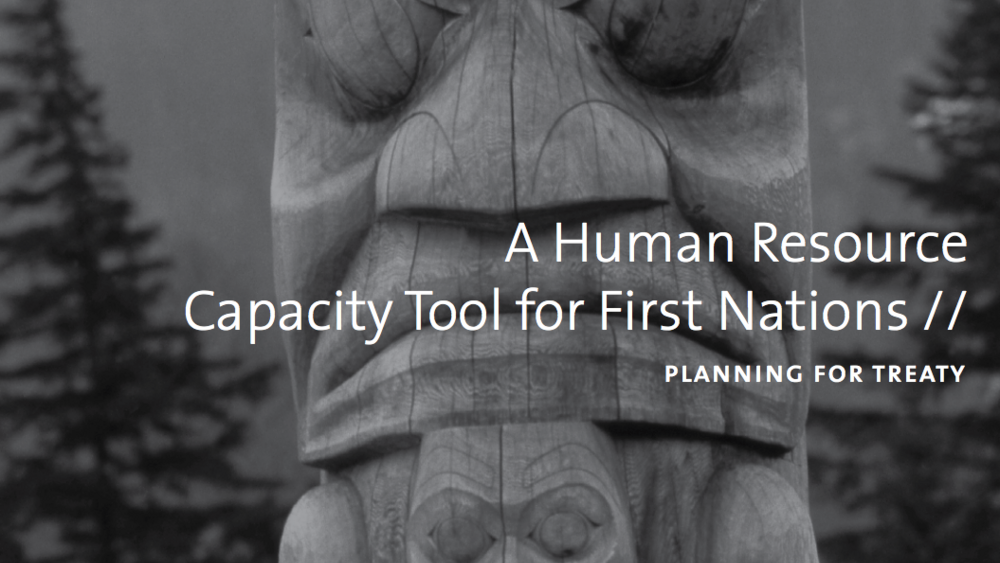Herminia Frias, former chairwoman of the Pascua Yaqui Tribe, discusses why it is important for leaders to work to build the capacity of their Native nations to effectively engage in nation building.
Additional Information
Frias, Herminia. "Rebuilding Native Nations: What Do Leaders Do?" Emerging Leaders seminar. Native Nations Institute for Leadership, Management, and Policy, University of Arizona, Tucson, Arizona. October 10, 2012. Presentation.
Transcript
"Do you have the capacity? One of the things you need to consider is building that capacity to get things done if you don't have it. A lot of us deal with having non-citizens at the leadership position. The head of the casino is not a tribal citizen, the CEO of the nation or the executive director sometimes is not a citizen. It's hard to get these people, our own people into those positions, and sometimes when we do get them into those positions, what do we do? We chew them up and we spit them out. How do we get past that? How do we get past that and start taking advantage of those people to come back and work for us and create those opportunities for them in all areas, in all areas? I like to think of it even like at the mechanics, at plumbers. Not everybody needs to have a master's or a Ph.D. or some kind of professional degree, but we all have to have skills. So what kind of skills do we need to be able to build a Nation that's productive and the citizenry is productive? So assessing, ‘Do we have those skills, experiences that we need, do we encourage and support our young people?' Do we say, ‘Go to college,' and offer these tribal scholarships and then welcome them back, provide internship opportunities. Do we do that? If not, how do we do that? These are things to think about. This is a lot, so if you're not doing that, we're not saying that that's wrong, we're just saying it's something to consider because it's that long term vision, it's not going to happen overnight. Do you take that lessons learned approach? We know that it didn't work if we did it this way, so let's change it. Just ‘cause it didn't work the first time doesn't mean it's not going to work, it just means that...’cause the problem's still there so we still have to solve the problem. It's about problem solving so just because we didn't solve it with a bulldozer doesn't mean we can't solve it doing it a different way. The professional development -- do we have that, even for the people that we have? Do we continue to train them, social workers, behavioral health therapists, doctors, our staff? Do we provide them the training for them to be better at their jobs, to keep up with the times?...
How are you investing right back into your citizens for the nation? And we see that a lot -- big graduation ceremonies, but then that's it. Where is that ongoing communication? And even for some of these students that have to leave home and go to school somewhere else, where is that connection? And a lot of times they leave and they don't even know like what's going on in the community, how am I going to go back and help, what opportunities are there for us. A couple of months ago we went out and we met with the nation and they were talking about doing a job fair just to show their college students what they had to offer so that...cause they had all these different majors and they kind of didn't know like, ‘Well, if I go back and work for my Nation, what am I really going to do,' but those types of opportunities to say, ‘There's so much that you can do and we need you. We need you to come back.' But how do you create that environment for them, right? How do you create that environment so that you can build that capacity and then bring them back and start working with you?"


